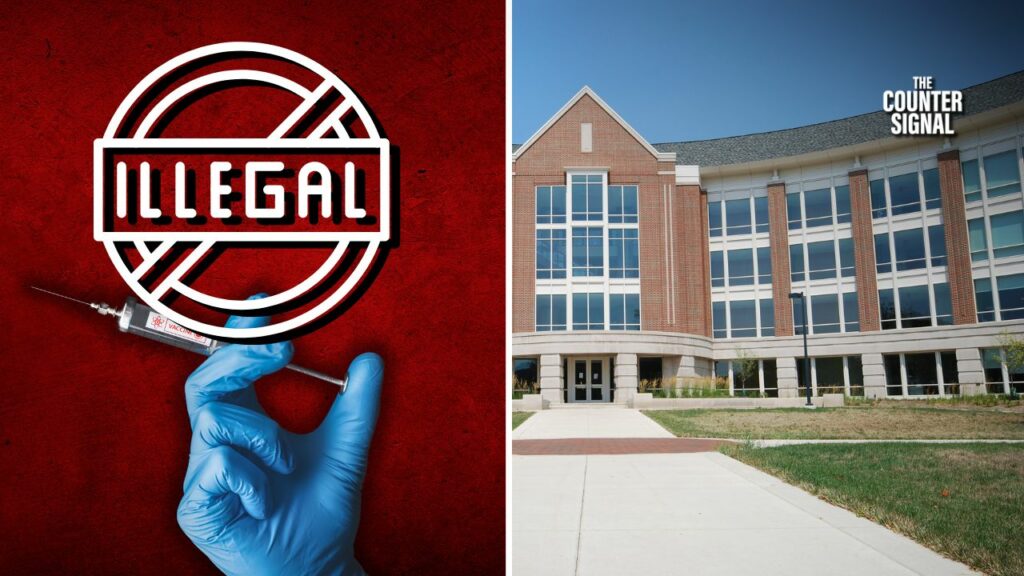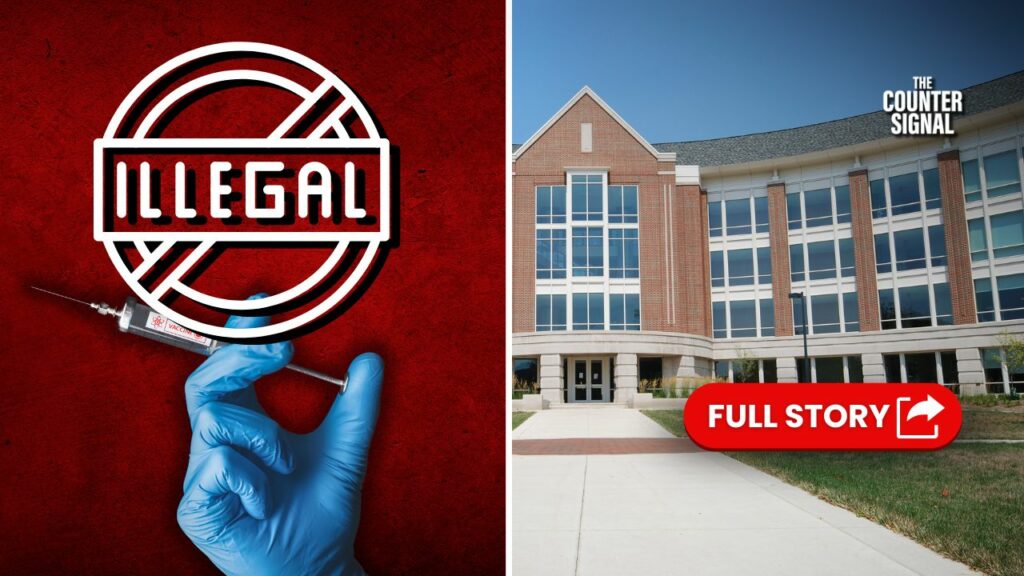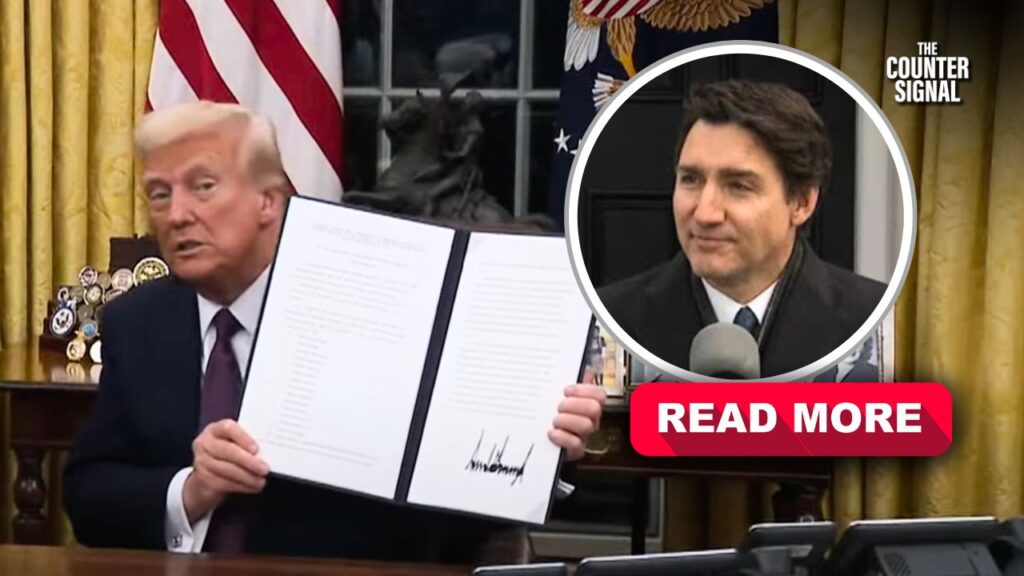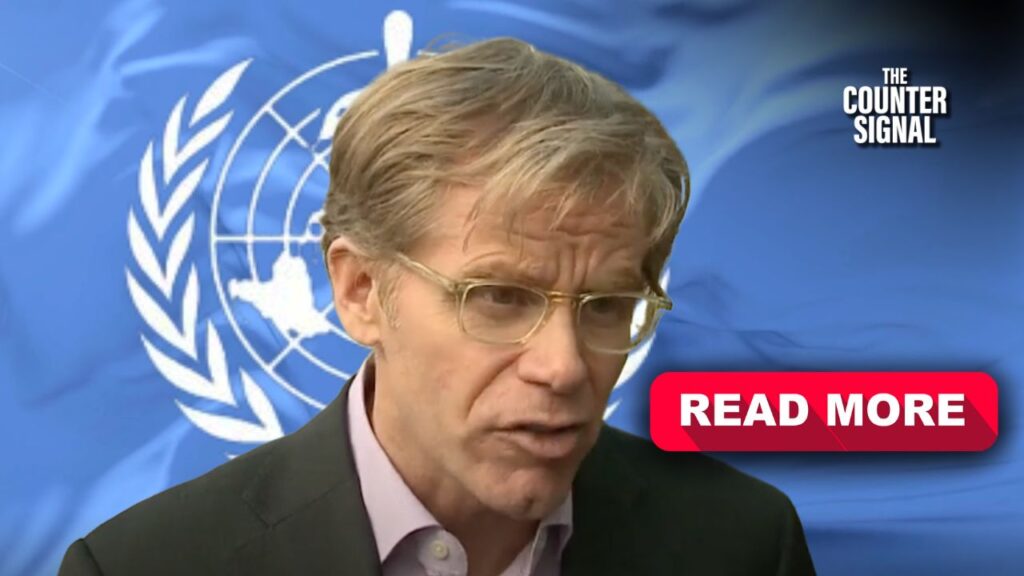The United States Court of Appeals has reversed the original ruling on the University of Colorado’s vaccine mandate policy, determining that it was, in fact, illegal.

According to a 55-page ruling, the University of Colorado School of Medicine’s policy refusing religious exemptions to the vaccine mandate violated “clearly established” rights and was “motivated by religious animus”.
They further determined that the university’s vaccine policies “violate[d] [student’s] fundamental rights as guaranteed by the First Amendment’s Religion Clauses.” This specifically pertains to the university’s decision to allow for some exemptions based on faith but not others.
Put simply, while some Christians were given exemptions, most were not, with the university deeming Roman Catholicism, Orthodox Christianity, and Protestantism to not officially prohibit vaccination, along with other faiths, such as Buddhism.
According to the university’s vaccine policy, this decision was made based on whether a set of religious teachings prohibited all vaccinations or only some. This was then determined based on proponents of that religion.
If the student couldn’t cite the official doctrine of an organized religion as determined by leaders of that religion, they couldn’t receive an exemption, and their request for a vaccine exemption was deemed to be based on “personal beliefs”, not “religious beliefs”.
As the document reads:
The Administration would reject an application for an exemption if it deemed the applicant’s beliefs “personal,” not “religious,” or “not part of a comprehensive system of beliefs.” For example, the Administration decided that “it is ‘morally acceptable’ for Roman Catholics to take vaccines against COVID-19,” and that any Roman Catholic objections to the COVID-19 vaccine are “personal beliefs,” not “religious beliefs.” As a result, the Administration would not grant exemptions to Roman Catholic applicants under the September 1 Policy. For similar reasons, the Administration refused to approve exemptions for Buddhist applicants. Nor would the Administration approve exemptions for applicants who were members of the Eastern Orthodox Church. The Administration also rejected exemption applications from Evangelical Christians, non-denominational Protestants, and applicants who did not specify whether they were affiliated with a particular religious organization.
The court also found that the university was far more likely to give exemptions for non-religious criteria, which was further proof of their animus.
The appeal that led to this ruling was filed by the Thomas More Society (TMS) in March 2022, wherein they represented 17 faculty and students who were refused their exemptions.
As per an article from TMS, TMS Executive Vice President and Head of Litigation Peter Breen, said, “The University of Colorado ran roughshod overstaff and students of faith during COVID, and the Court of Appeals has now declared plainly what we’ve fought to establish for almost three years: the University acted with ‘religious animus’ and flagrantly violated the fundamental religious liberties of these brave healthcare providers and students.”
“… With this ruling in favor of our clients, the Court of Appeals has made clear that people of faith are not second-class citizens—they are deserving of full respect and the protection of the United States Constitution in their free exercise of religion.”









